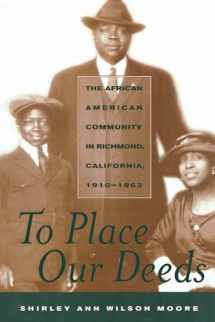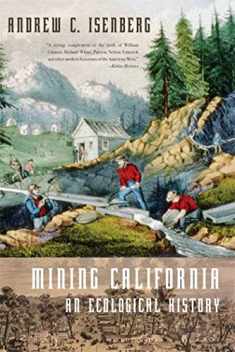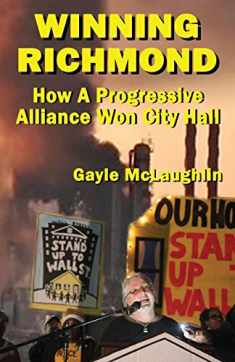
To Place Our Deeds: The African American Community in Richmond, California, 1910-1963
ISBN-13:
9780520229204
ISBN-10:
0520229207
Edition:
First Edition
Author:
Shirley Ann Wilson Moore
Publication date:
2001
Publisher:
University of California Press
Format:
Paperback
245 pages
FREE US shipping
Book details
ISBN-13:
9780520229204
ISBN-10:
0520229207
Edition:
First Edition
Author:
Shirley Ann Wilson Moore
Publication date:
2001
Publisher:
University of California Press
Format:
Paperback
245 pages
Summary
To Place Our Deeds: The African American Community in Richmond, California, 1910-1963 (ISBN-13: 9780520229204 and ISBN-10: 0520229207), written by authors
Shirley Ann Wilson Moore, was published by University of California Press in 2001.
With an overall rating of 4.3 stars, it's a notable title among other
State & Local
(United States History, Historical Study & Educational Resources, Americas History) books. You can easily purchase or rent To Place Our Deeds: The African American Community in Richmond, California, 1910-1963 (Paperback) from BooksRun,
along with many other new and used
State & Local
books
and textbooks.
And, if you're looking to sell your copy, our current buyback offer is $1.33.
Description
To Place Our Deeds traces the development of the African American community in Richmond, California, a city on the San Francisco Bay. This readable, extremely well-researched social history, based on numerous oral histories, newspapers, and archival collections, is the first to examine the historical development of one black working-class community over a fifty-year period.
Offering a gritty and engaging view of daily life in Richmond, Shirley Ann Wilson Moore examines the process and effect of migration, the rise of a black urban industrial workforce, and the dynamics of community development. She describes the culture that migrants brought with them―including music, food, religion, and sports―and shows how these traditions were adapted to new circumstances. Working-class African Americans in Richmond used their cultural venues―especially the city's legendary blues clubs―as staging grounds from which to challenge the racial status quo, with a steadfast determination not to be "Jim Crowed" in the Golden State.
As this important work shows, working-class African Americans often stood at the forefront of the struggle for equality and were linked to larger political, social, and cultural currents that transformed the nation in the postwar period.
Offering a gritty and engaging view of daily life in Richmond, Shirley Ann Wilson Moore examines the process and effect of migration, the rise of a black urban industrial workforce, and the dynamics of community development. She describes the culture that migrants brought with them―including music, food, religion, and sports―and shows how these traditions were adapted to new circumstances. Working-class African Americans in Richmond used their cultural venues―especially the city's legendary blues clubs―as staging grounds from which to challenge the racial status quo, with a steadfast determination not to be "Jim Crowed" in the Golden State.
As this important work shows, working-class African Americans often stood at the forefront of the struggle for equality and were linked to larger political, social, and cultural currents that transformed the nation in the postwar period.


We would LOVE it if you could help us and other readers by reviewing the book
Book review

Congratulations! We have received your book review.
{user}
{createdAt}
by {truncated_author}




